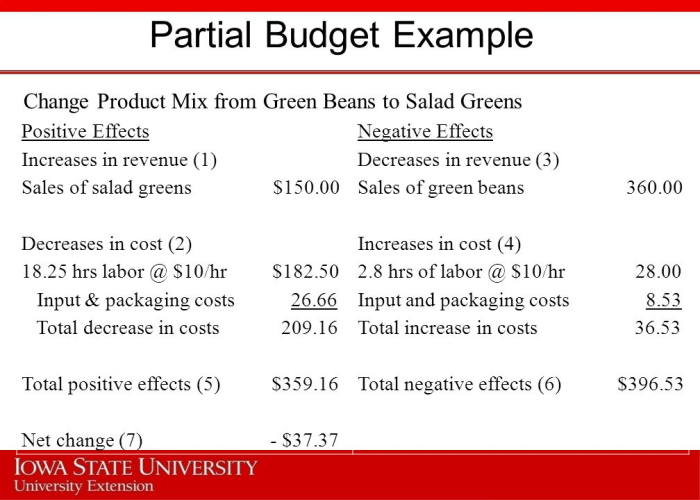AlaskaHunter
Well-known member
We are a retired couple in our 60s with no debt, no major expenses and plenty of savings in retirement funds.
We are selling our Alaska house and moving to Montana.
Houses in MT are about $100k more expensive than in AK.
Say we need $100k to purchase a MT house beyond the cash from the sale of our AK house.
One option would be to take out a $100k mortgage and keep our income in the 12% federal income tax bracket.
Paying as much towards principal as we can each year.
The other option would be to take $100k from retirement funds, so no debt,
but our 2023 federal income tax bracket would likely rise to 24%.
What type of professional would be best to advice us?
Certified Financial Planner™ (CFP) · Chartered Financial Analyst (CFA) · Personal Financial Specialist (PFS) ·
Enrolled Agent (EA) · Certified Public Accountant (CPA)?
We are selling our Alaska house and moving to Montana.
Houses in MT are about $100k more expensive than in AK.
Say we need $100k to purchase a MT house beyond the cash from the sale of our AK house.
One option would be to take out a $100k mortgage and keep our income in the 12% federal income tax bracket.
Paying as much towards principal as we can each year.
The other option would be to take $100k from retirement funds, so no debt,
but our 2023 federal income tax bracket would likely rise to 24%.
What type of professional would be best to advice us?
Certified Financial Planner™ (CFP) · Chartered Financial Analyst (CFA) · Personal Financial Specialist (PFS) ·
Enrolled Agent (EA) · Certified Public Accountant (CPA)?






